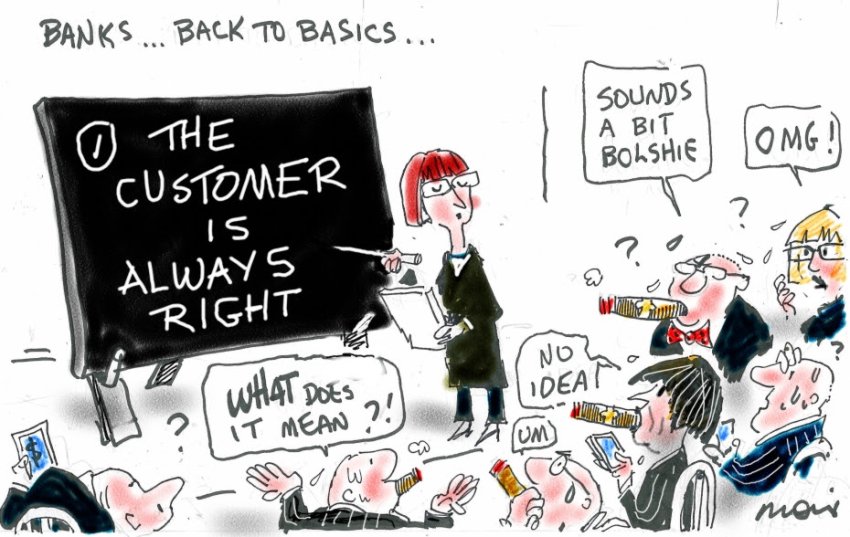
In the banking royal commission’s final report, Commissioner Kenneth Hayne made 76 recommendations for reforms to the sector, but stopped short of calling for charges to be laid against bank executives and board members, or any radical shake-up of the industry.
This has led some, such as financial commentator Michael Pascoe writing in the February 5 New Daily, to proclaim: “And the winner is ... the big banks!” His words were promptly reinforced by the fact that bank shares skyrocketed the day after the report was released.
Among other things, the report recommends: strengthening the powers of regulators; partial compensation for victims of malpractice; amendments to banking remuneration practices; limits on unlawful and excessive charging of fees; and an overall reform of the “culture of greed” in the industry.
However, as a February 5 Australian Council of Trade Unions statement notes, the report “has failed victims of Australia's banks and finance sector workers by making few recommendations, no direct referral of criminal or civil prosecutions to the Australian Federal Police or the Director of Public Prosecutions, and making no recommendation to kick banks out of super.
“This is a failed opportunity to enact the fundamental reforms that are needed. We must change the rules so the culture of greed that has been created by executives and the so-called finance experts at the top is stamped out.”
The Financial Sector Union, which represents banking, finance, insurance and superannuation workers, said the proposed changes were mostly “cosmetic,” and would not produce systemic change.
Consumer advocacy groups, such as the Consumer Action Law Centre and the Financial Rights Legal Centre (FRLC), welcomed much of the report, but criticised the commission for not going further in key areas affecting vulnerable and disadvantaged consumers.
But in all the furore around the report, no mention is being made of the only solution that can really seriously tackle the deep-seated problems of the banking industry: nationalisation (or re-nationalisation in the case of the Commonwealth Bank) of the Big Four banks under the control of a board elected by finance sector workers, customers and the community.
A start on this radical transformation of the banking sector could be made with the establishment of a new People's Bank, as advocated by the Australian Greens. One option to begin making this a reality could be to incorporate basic banking into the existing network of Australia Post offices, as already happens in New Zealand with the government-owned KiwiBank.
In short, while the banking royal commission has effectively exposed many of the crimes and rip-offs in the sector, the recommendations in the final report fall far short of what is necessary to create a banking system that truly serves the interests of the community, instead of the wealthy executives and plutocrats who currently own and control it.